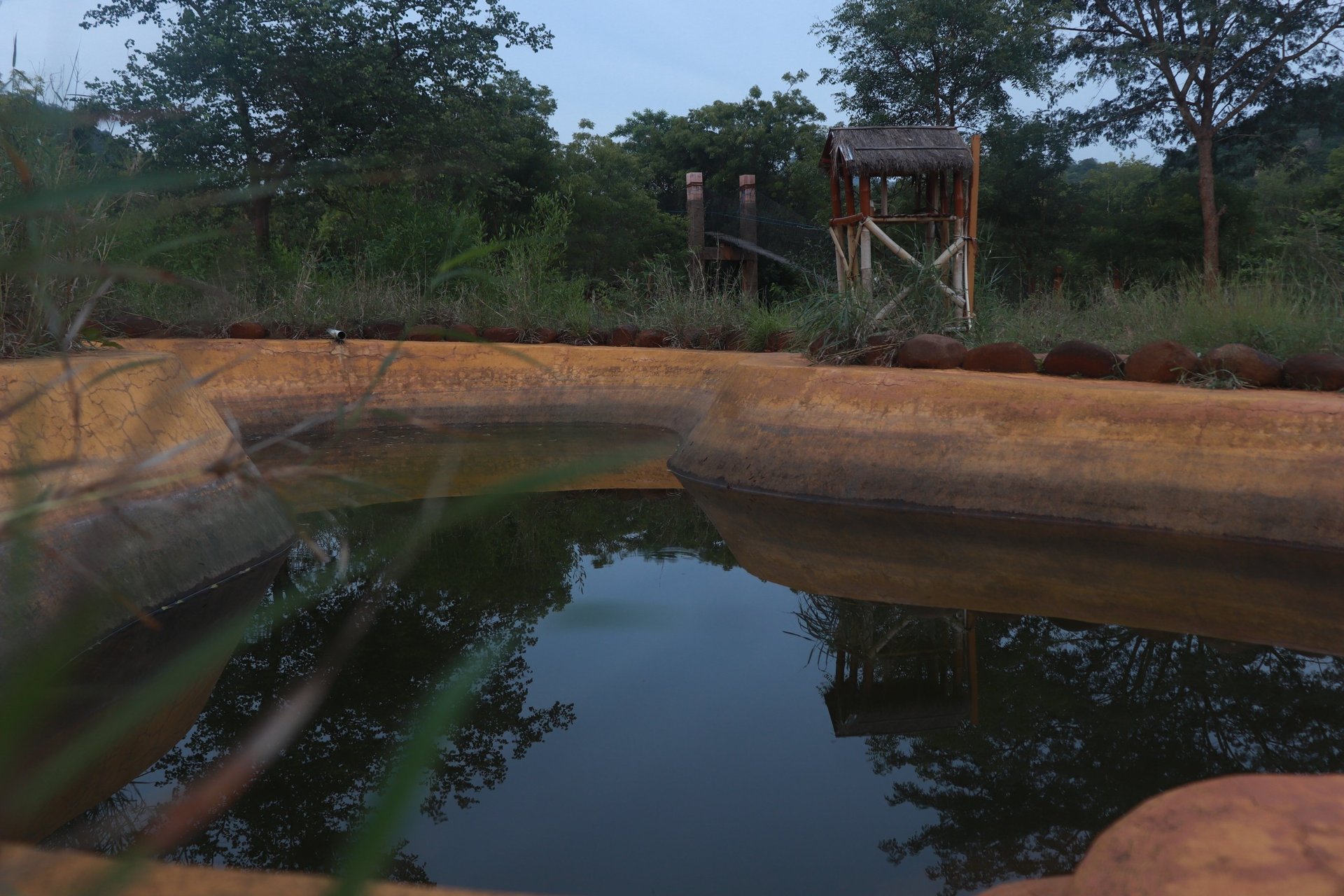
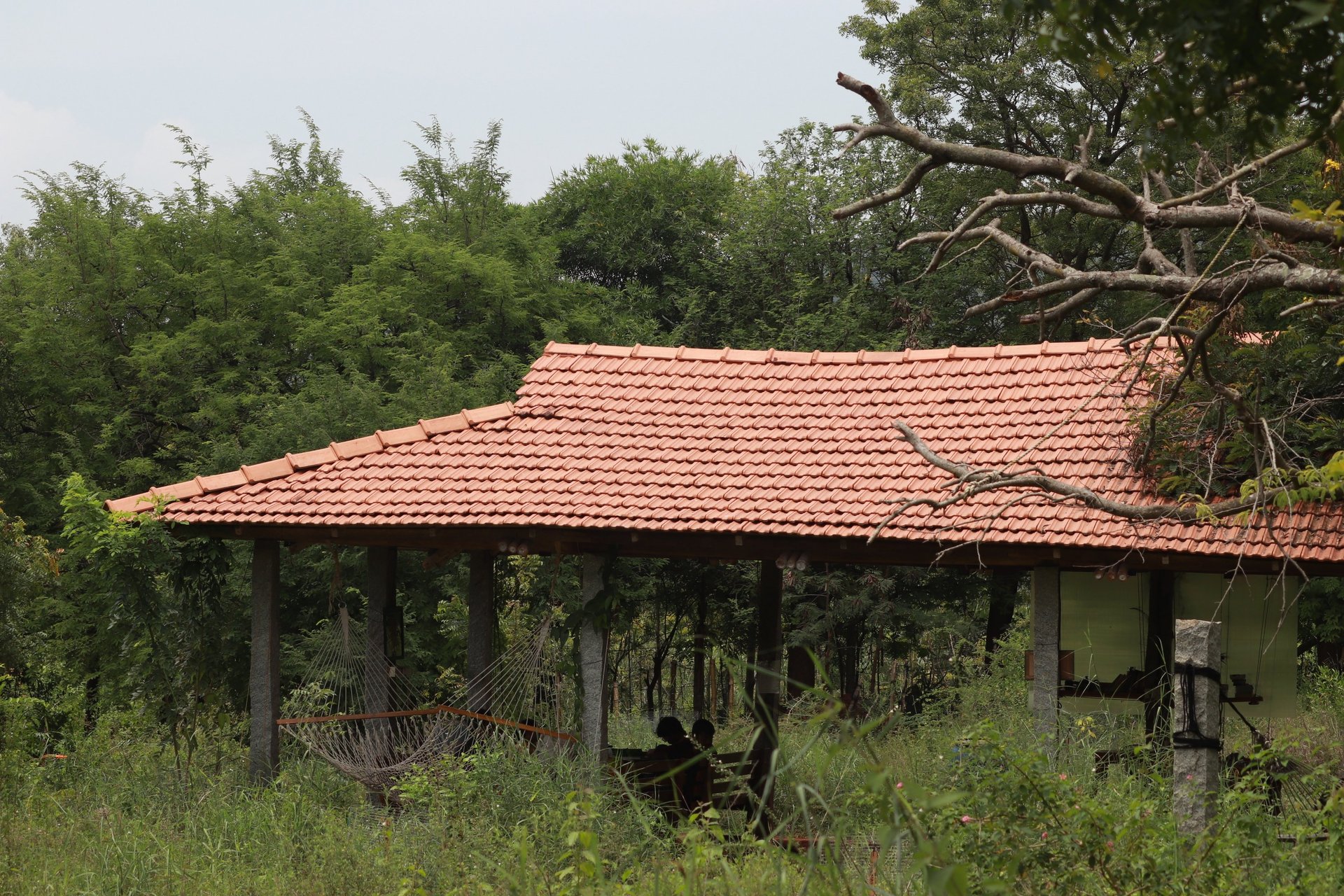
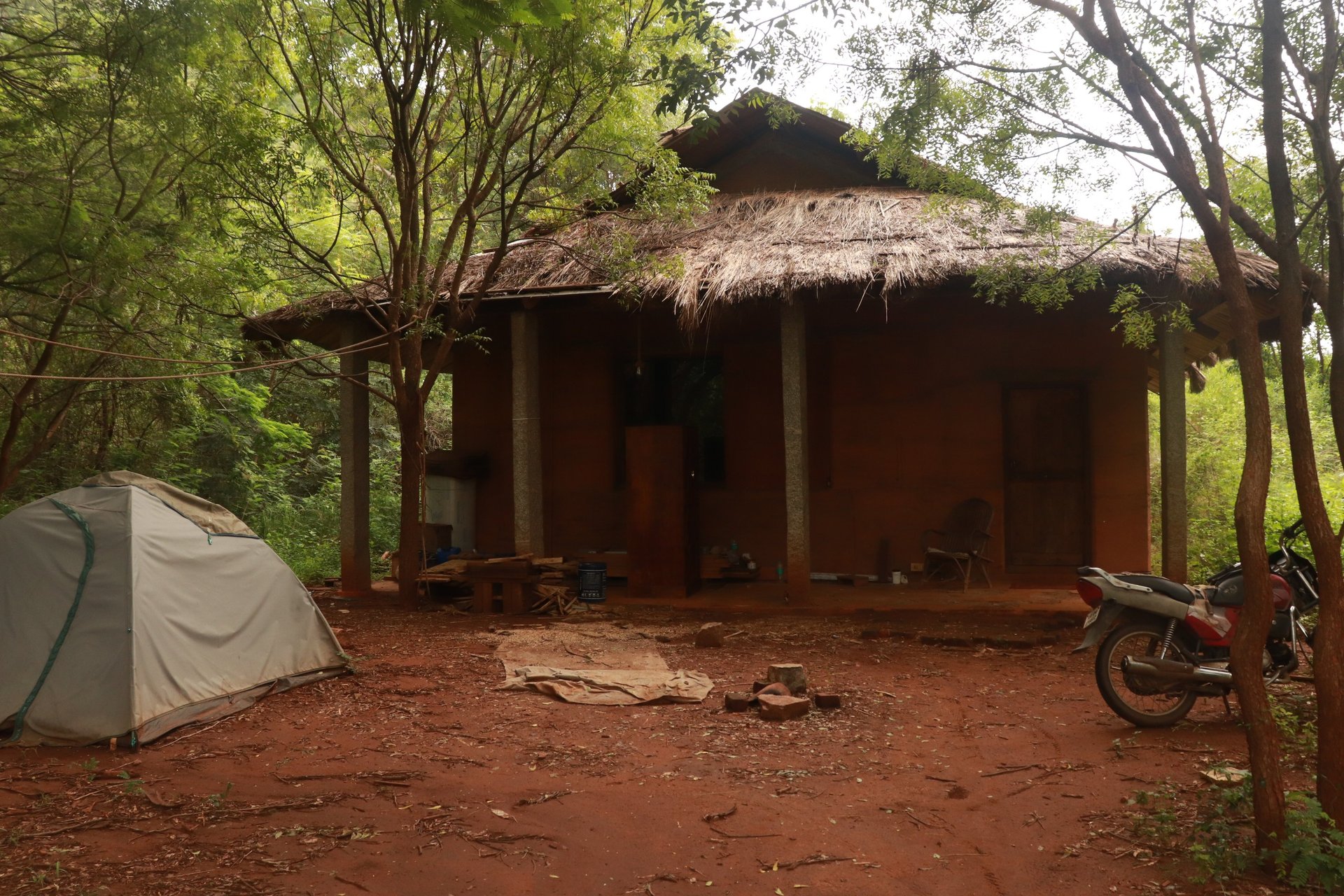
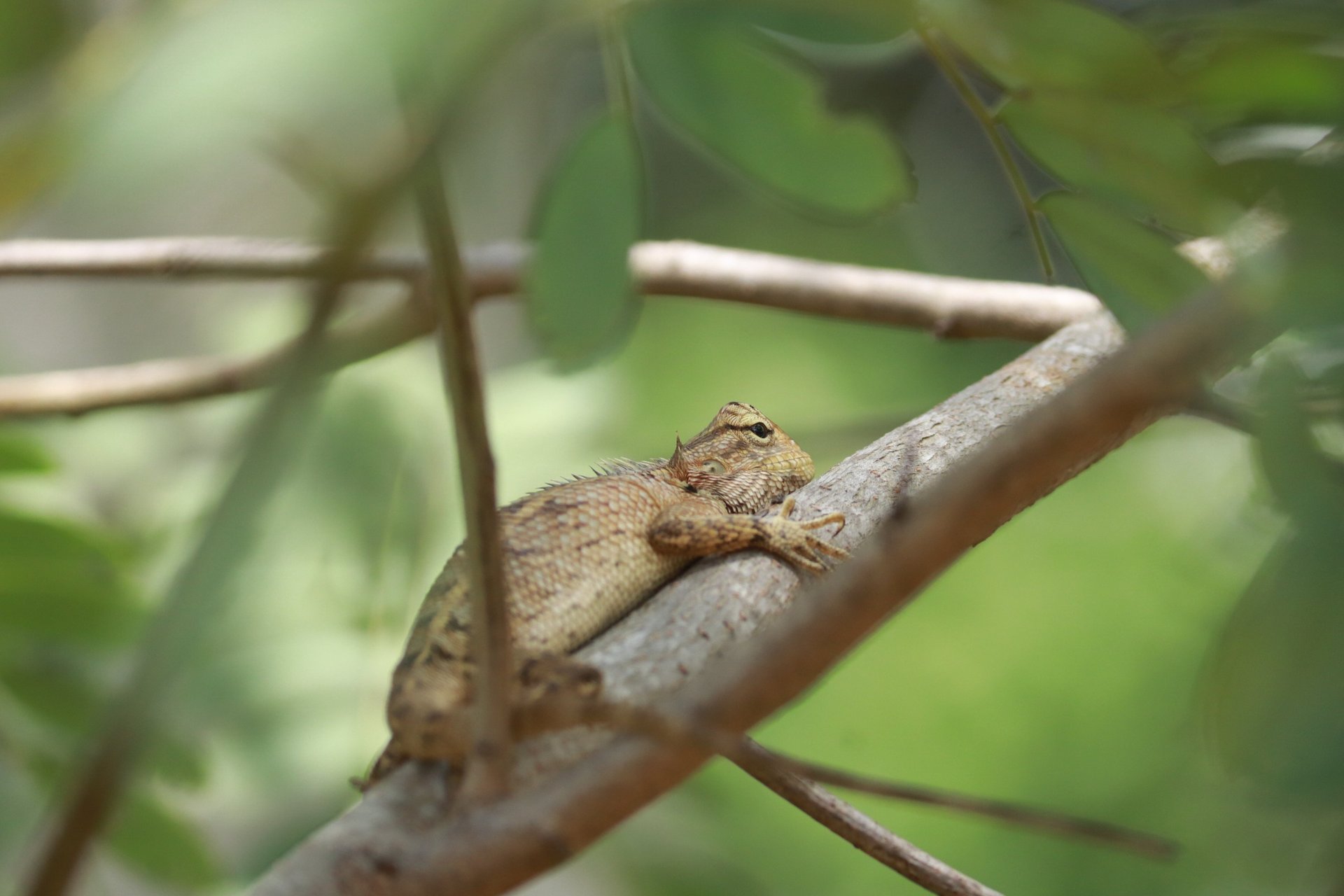
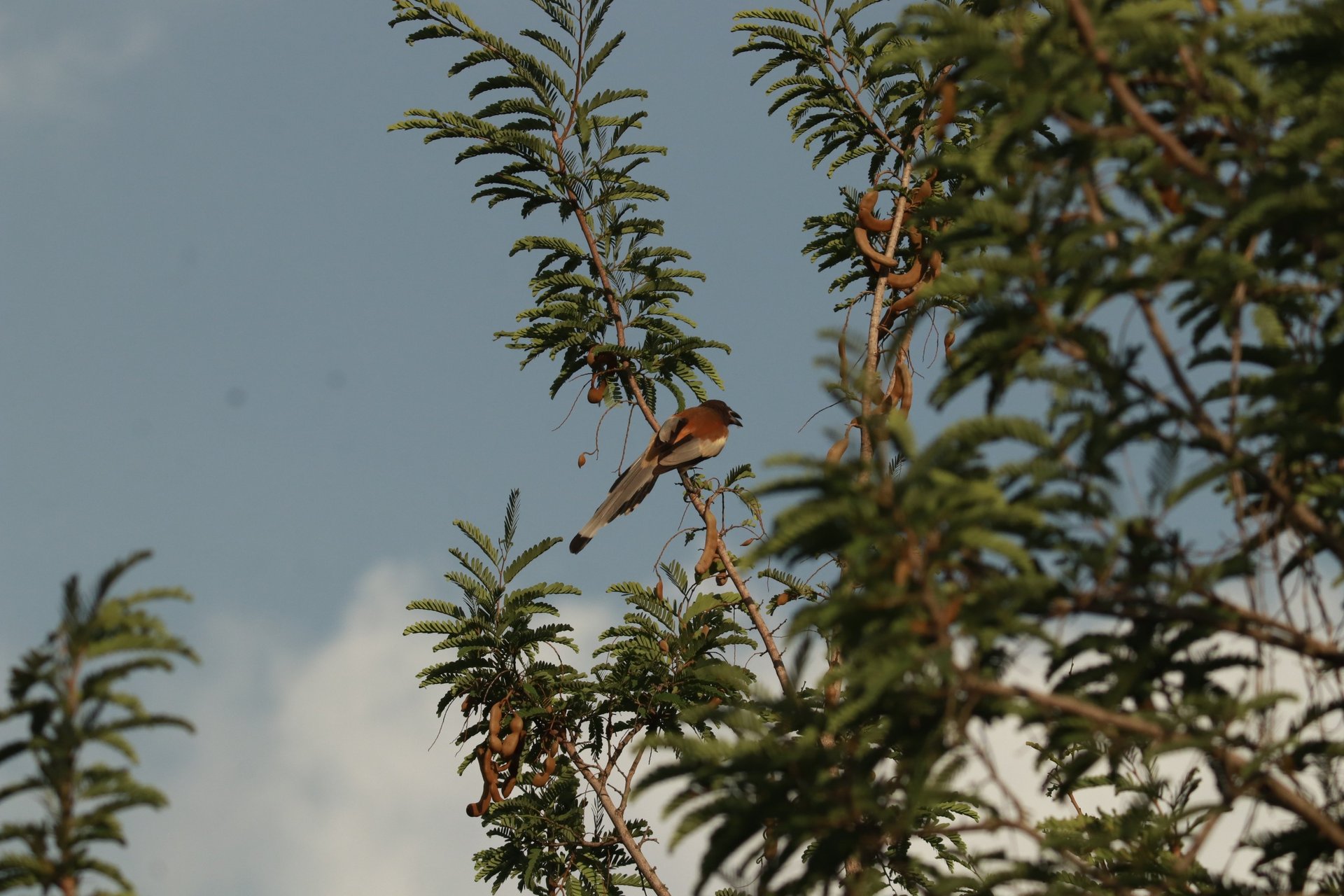
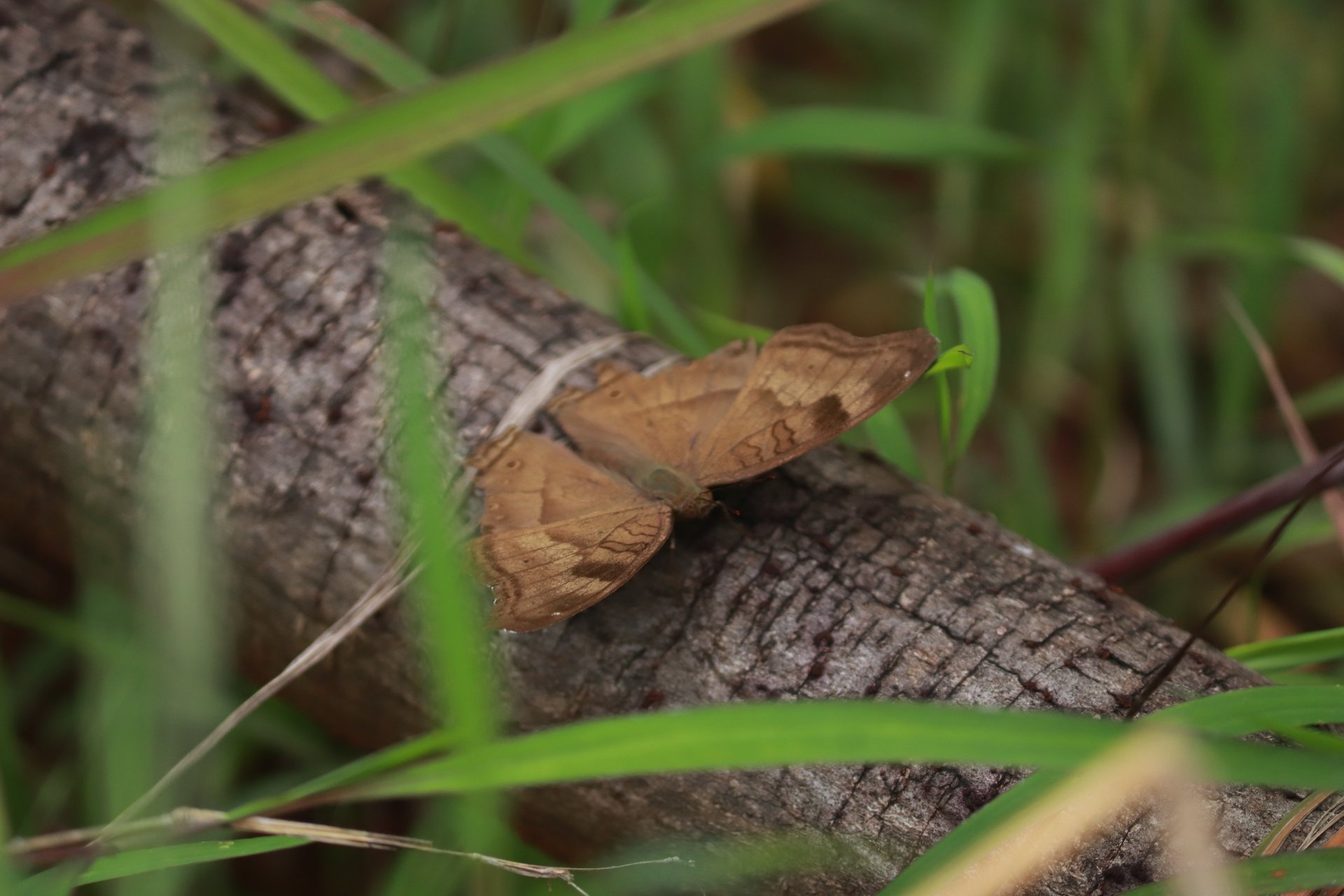
Seed
Collection
We gather seeds from various native trees, focusing on those that are disappearing from our forests, including some that are endangered.
Removal of Non-Native
Invasive Species
We remove non-native invasive tree and shrub species that disrupt local ecosystems. This creates space for native species to thrive and flourish again.
We work hard to figure out how to germinate seeds that are difficult to grow. These young trees are later planted to restore and expand wild landscapes.
Native Tree
Nursery
Tree Identification
Workshop
We teach people interested in rewilding how to recognize and understand native tree species. This hands-on learning builds deeper connections to local nature.








Rewilding Our World, One Native Tree at a Time
Rooted in Conservation: Rewilding Native Trees & Shrubs
At the Bamboo Pit Viper Research Centre, we are dedicated to rewilding, ecological restoration, and fostering a deeper connection between people and nature.
Located at the confluence of Tamil Nadu, Karnataka, and Andhra Pradesh, our field station is more than just a research base — it’s a living classroom and a community hub for students, researchers, and conservationists.
Through hands-on research, biodiversity surveys, and collaborative learning, we aim to protect fragile ecosystems while inspiring the next generation of environmental stewards.
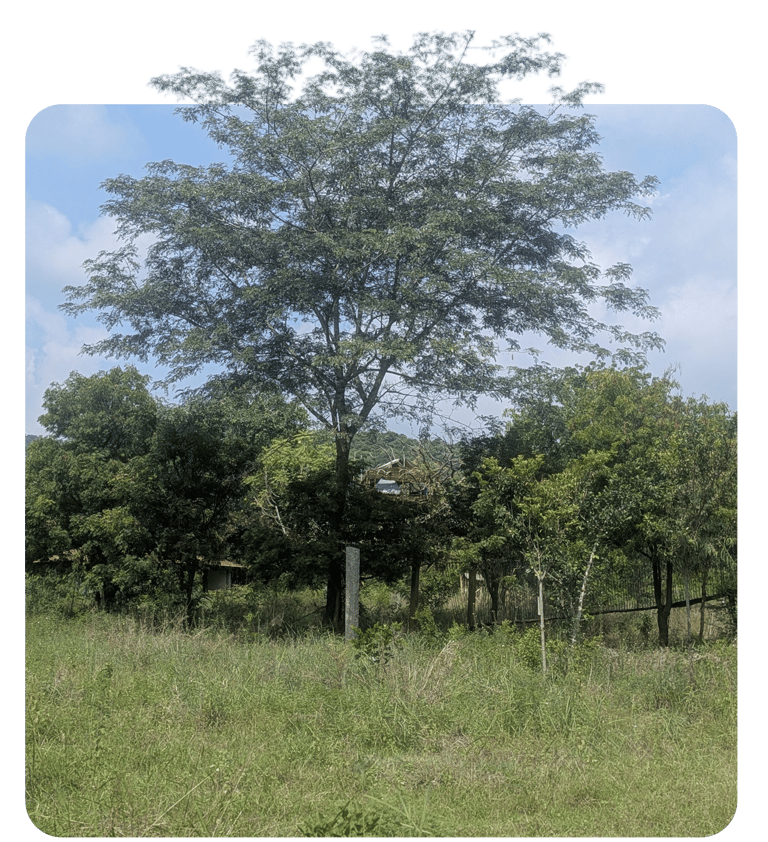

The Journey of Rewilding Native Species
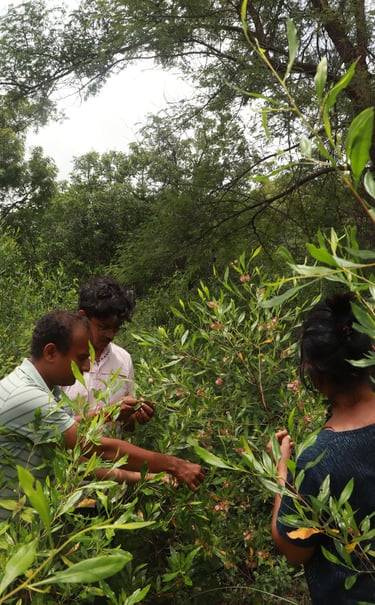

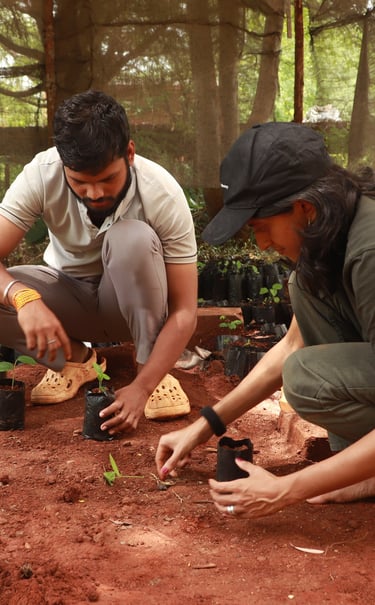

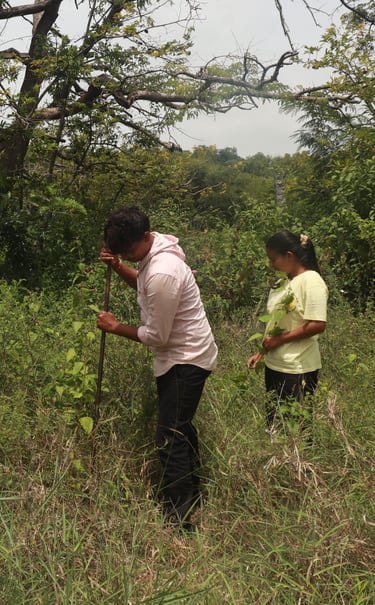

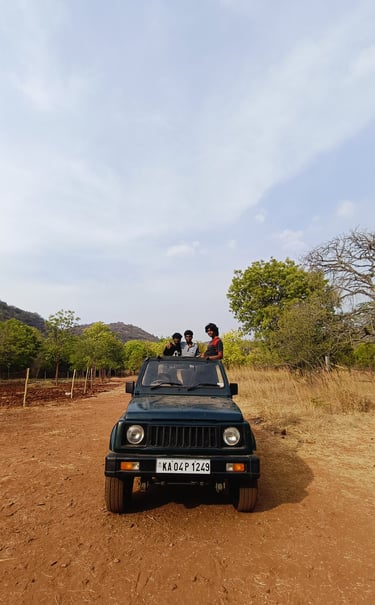

Seed
Collection
We carefully gather seeds from native trees and shrubs to preserve biodiversity and ensure genetic resilience.
Collected seeds are nurtured under controlled conditions, encouraging strong and healthy saplings to grow.
Invasive and non-native plants are carefully removed to restore balance and open space for native growth.
Healthy native saplings are reintroduced, bringing back ecological harmony and supporting local wildlife.
Germination in
Our Nursery
Removal of Non-Native Species
Planting Native
Species
Step 1:
Step 2:
Step 3:
Step 4:
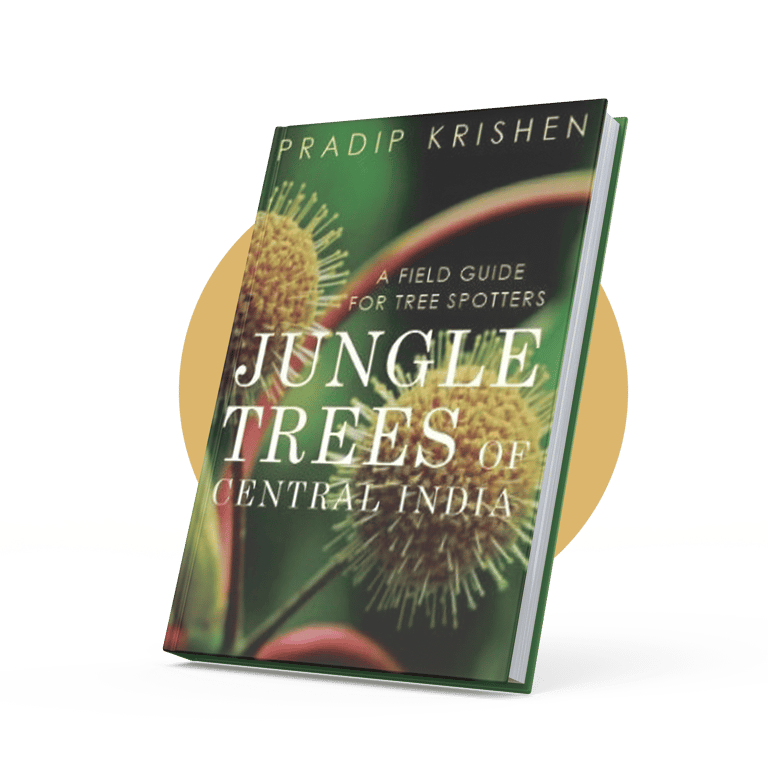

Trees of Central India
From the book “Trees of Central India”, which features 168 native species, we carefully selected and planted xx trees.
Some of the Species we have are:
horea robusta
Tectona grandis
Madhuca longifolia
Diospyros melanoxylon
Butea monosperma
Terminalia arjuna
Azadirachta indica
Phyllanthus emblica
Terminalia tomentosa
Syzygium cumini
horea robusta
Tectona grandis
Madhuca longifolia
Diospyros melanoxylon
Butea monosperma
Terminalia arjuna
Azadirachta indica
Phyllanthus emblica
Terminalia tomentosa
Syzygium cumini
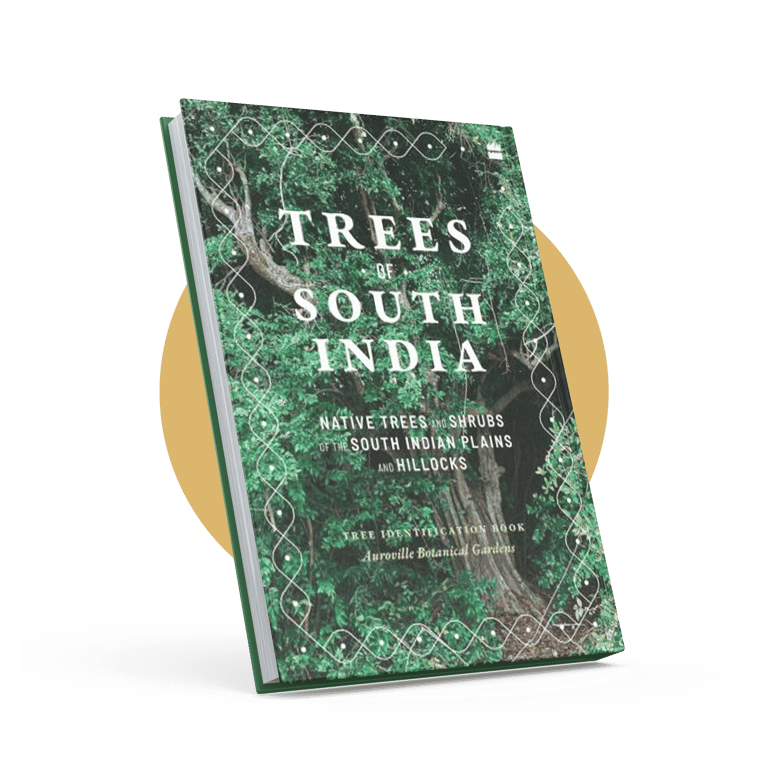

Trees of South India
From the book “Trees of south india, which features 190 native species, we carefully selected and planted xx trees.
Some of the Species we have are:
horea robusta
Tectona grandis
Madhuca longifolia
Diospyros melanoxylon
Butea monosperma
Terminalia arjuna
Azadirachta indica
Phyllanthus emblica
Terminalia tomentosa
Syzygium cumini
horea robusta
Tectona grandis
Madhuca longifolia
Diospyros melanoxylon
Butea monosperma
Terminalia arjuna
Azadirachta indica
Phyllanthus emblica
Terminalia tomentosa
Syzygium cumini
FAQ
Who can apply to stay or conduct research at the centre?
Students, researchers, and nature enthusiasts are welcome. We especially encourage applications from those pursuing projects in ecology, biodiversity, and conservation.
What facilities are available at the camp?
The camp provides eco-cottage accommodation, food, and basic research support. Some shared responsibilities, such as helping in daily camp activities, are part of the experience.
Do I need prior research permits?
Yes. All researchers are responsible for securing required ethical approvals, research permits, or institutional endorsements before starting their work.
What wildlife can I expect to see around the centre?
The surrounding dry deciduous forest is home to slender loris, Indian chameleon, Indian star tortoise, deer, birds of prey, and even the bamboo pit viper, among many others.
How do I apply and when should I apply?
Interested candidates should apply at least 3–6 months in advance. Applications with a supervisor’s endorsement will be given preference due to limited slots.
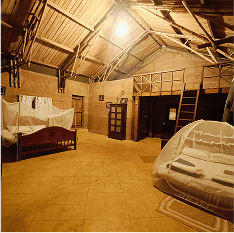

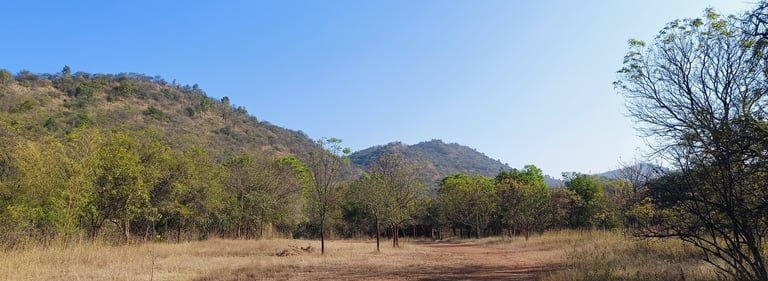

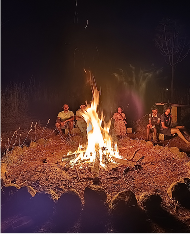

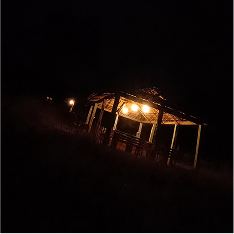

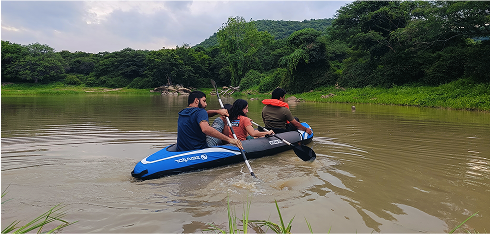

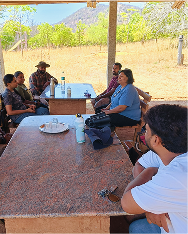





Testimonies
Peaceful, in the middle of the valley, filled with nature sounds. The staff is super nice, the owner has a lot of interesting things to say and is also a good listener. The managers are very knowledgeable and truly passionate about the local fauna. No network coverage and the wifi is not always reliable, be prepared.
Samuel K
★★★★★
Bamboo rustles is such a peaceful place. People are so good that they treat you like a family. People at bamboo rustles are so filled with knowledge that you won't get bored even if you don't have your network or wifi. You get to go for night outs which are so adventurous. A best place to visit if you're a nature enthusiast or if you're looking for a vacation spot.
★★★★★
Jai Surya
After riding past it for many times, I stayed at BR for a night and I totally love it. It love it's non-commercial but farm stay vibe. The are just the right variety and home cook like. The staff and volunteers are super friendly and knowledgeable. The short treks from the camp guided by the naturalist Vibish are are great add on for an outdoor enthusiast. I also love the architecture of the cottage.
Benjamin
★★★★★
Bamboo Rustles started with a goal to hold wildlife workshops in 2012 and has held many birding, herpetology and butterfly workshops over last 12 years. In 2024 we setup BPVRC - Bamboo Pit Viper Research Centre as a company. BPVRC serves as a research centre where researchers can and interns in bio sciences immerse themselves in studying various species.
Home
© 2025. All rights reserved.
Links
Internship
Social Link
Join our newsletter to get updates on workshops and upcoming events.


